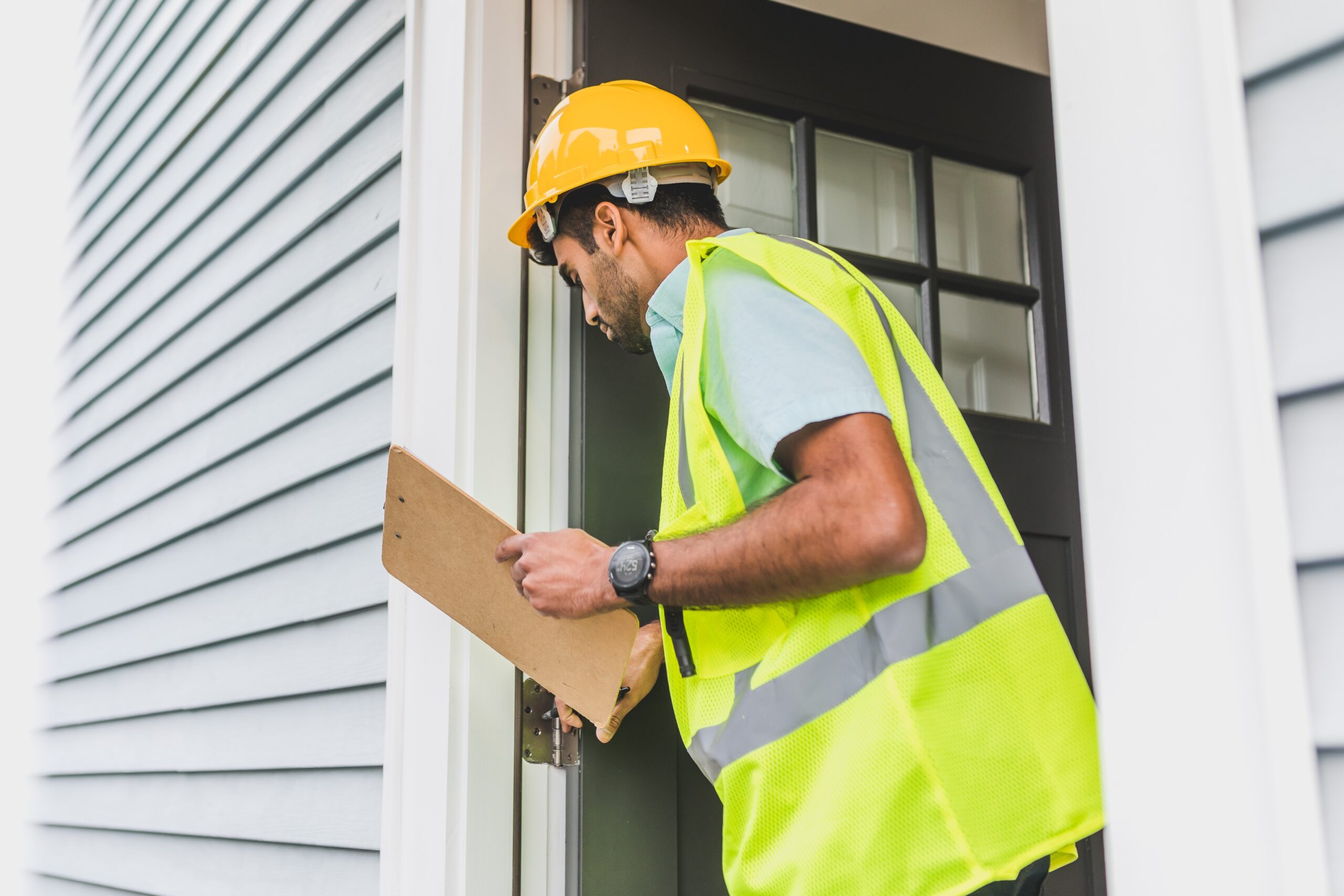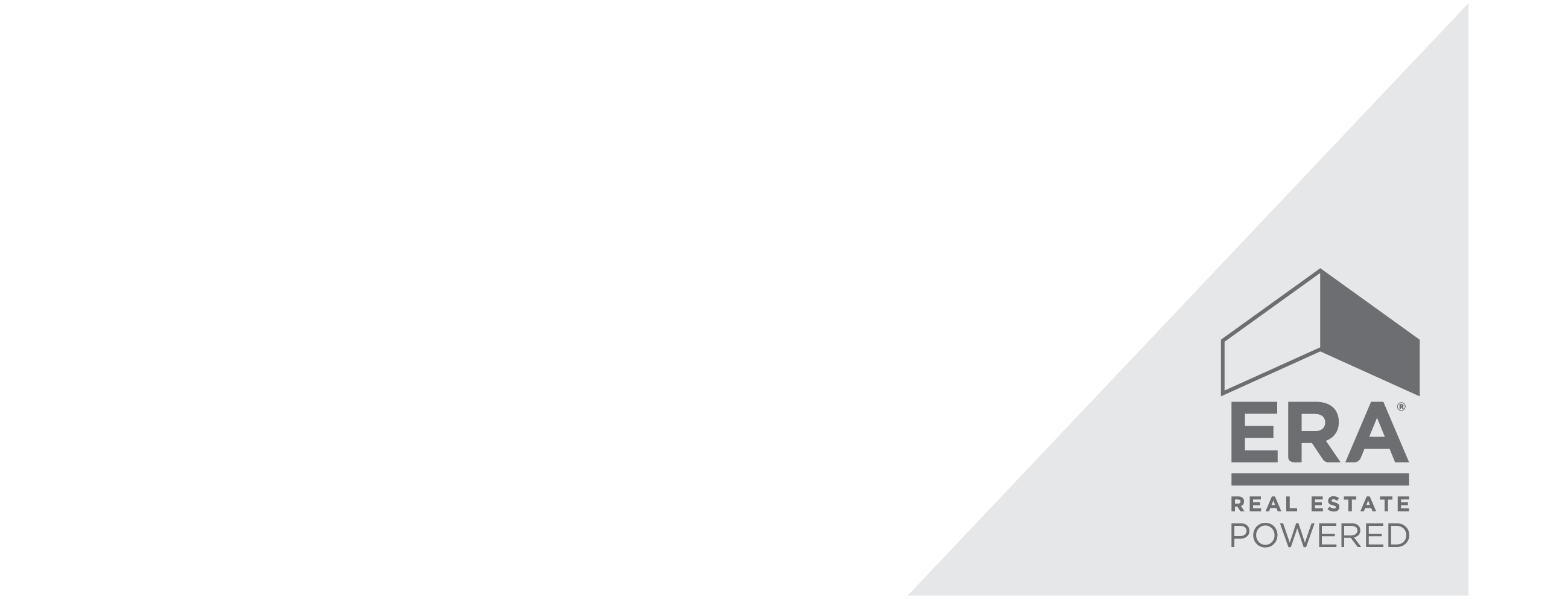
Buying a home in Colorado is a complex transaction with many moving parts, differing costs, documents, and industry jargon. The costs of purchasing a home are generally broken down into two different categories:
- Costs paid by the buyer as “out-of-pocket expenses” such as the appraisal, inspection(s), earnest money and more
- Costs paid by the buyer as “Closing costs” that are wrapped into the loan, such as loan costs, title costs, taxes, insurance and more.
Below, we will break down each category and what to be aware of as a homebuyer in Colorado Real Estate.

Inspection Costs Colorado
Colorado Home Inspections
When making a buying decision of this scale, it is essential to do your due diligence and ensure you have peace of mind in the real estate transaction. While this means it may cost a little more upfront, the money is well spent toward knowing you are making a sound investment that will serve you now and down the road.
Here are a few things to consider in the home inspection process:
- Your Colorado Real Estate Agent should refer you to a few providers. Finding a knowledgeable inspector you trust to do the job right is important.
- It is vital to hire a trusted third party who will give you honest feedback about the condition of your new potential home without any loyalty to the seller.
- You want to own the information rather than having it provided to you by the seller.
Colorado Inspection Processes

Home Inspector
In addition to the primary home inspection, some other commonly used Colorado inspection methods to consider are:
Sewer scopes ensure your underground piping systems are in good condition. It is common to find pipes with cracking, old age, obstructions and root systems that prohibit correct functioning.
Radon tests test the radon level in a home over a 24-hour+ period. Radon levels are known to be high in Colorado. It is worth performing this test.
Mold tests are a way to find and evaluate mold that can be growing in a home, whether visible or not.
Lead-Based Paint testing is a major area of concern for the EPA as lead-based paint was used up until as late as the 1980’s.
A Structural Engineer could be called upon to evaluate an area of concern identified in the structure of the home, from the foundation to support beams, cracking, past damage, and much more.
If using a VA or FHA loan, you may be required to get a pest inspection as well.
 Colorado Home Appraisals
Colorado Home Appraisals
The appraisal is a third-party verification that the amount your lender is loaning you is appropriate. The lender typically assigns the appraiser and cannot be chosen by you, nor can the buyer or buyer’s broker be in direct contact with the appraiser.
In Colorado, most homebuyers will pay their appraisal cost out of pocket, with the average cost around $700.
We recommend that you allocate roughly $1,500 to out-of-pocket expenses prior to closing, in addition to your Earnest Money deposit, which is typically about 1% of the Purchase Price. That said, this number can fluctuate greatly depending on the specific property as well as the tests you wish to perform.
Choosing a Realtor who can help you navigate these complex choices and negotiate on your behalf is critical. LUX Denver is excellent in this space and would love the opportunity to serve you in such an important transaction.
Search for your next home




13 Comments
cheapest buy enclomiphene generic does it works Author
canadian enclomiphene no prescription
how to buy enclomiphene generic does it works
kamagra sans ordonnance au canada Author
kamagra gracieux ordonnance
kamagra vente par correspondance au royaume-uni
ordering androxal generic free shipping Author
ordering androxal usa cheap
buying androxal price in us
buy dutasteride online prescription Author
order dutasteride buy germany
get dutasteride new zealand buy online
buy flexeril cyclobenzaprine canada over the counter Author
how to buy flexeril cyclobenzaprine generic germany
buy flexeril cyclobenzaprine price new zealand
cheap gabapentin low price Author
donde comprar gabapentin en lima
purchase gabapentin generic name
order fildena generic mastercard Author
Order fildena online from mexico
cheap fildena purchase prescription
order itraconazole purchase uk Author
discount itraconazole buy mastercard
how to order itraconazole generic form
ordering staxyn generic does it work Author
search canadian staxyn
how to order staxyn price prescription
order avodart no prescription needed Author
get avodart uk buy online
buy avodart generic best price
rifaximin with consult Author
buy rifaximin purchase online uk
online order rifaximin australia pharmacy
how to order xifaxan generic uk Author
ordering xifaxan cheap to buy online
how to buy xifaxan price netherlands
kamagra dodání přes noc bez r x Author
kupte si kamagra online bez souhlasu dr
kupte si obecný kamagra bez lékařského předpisu
Comments are closed.